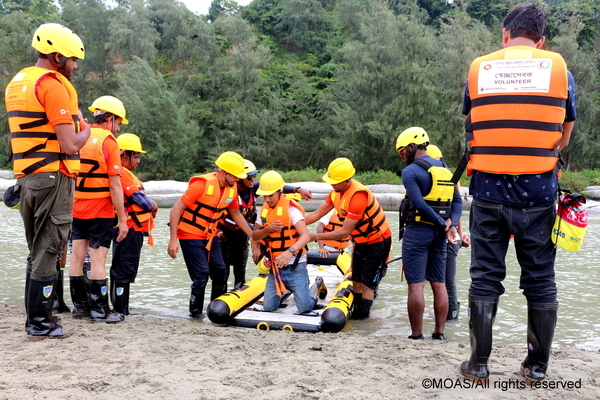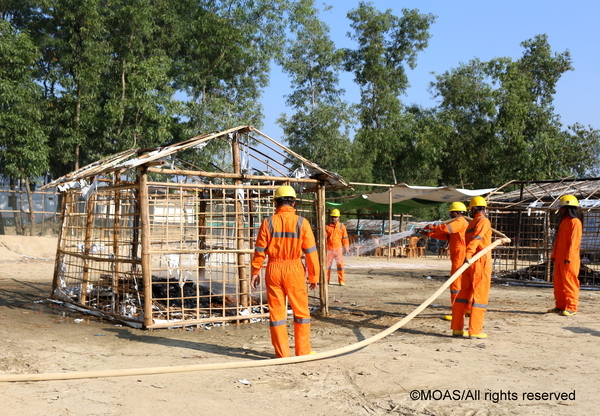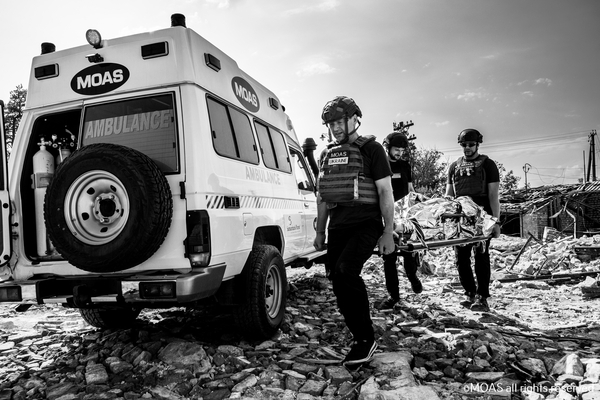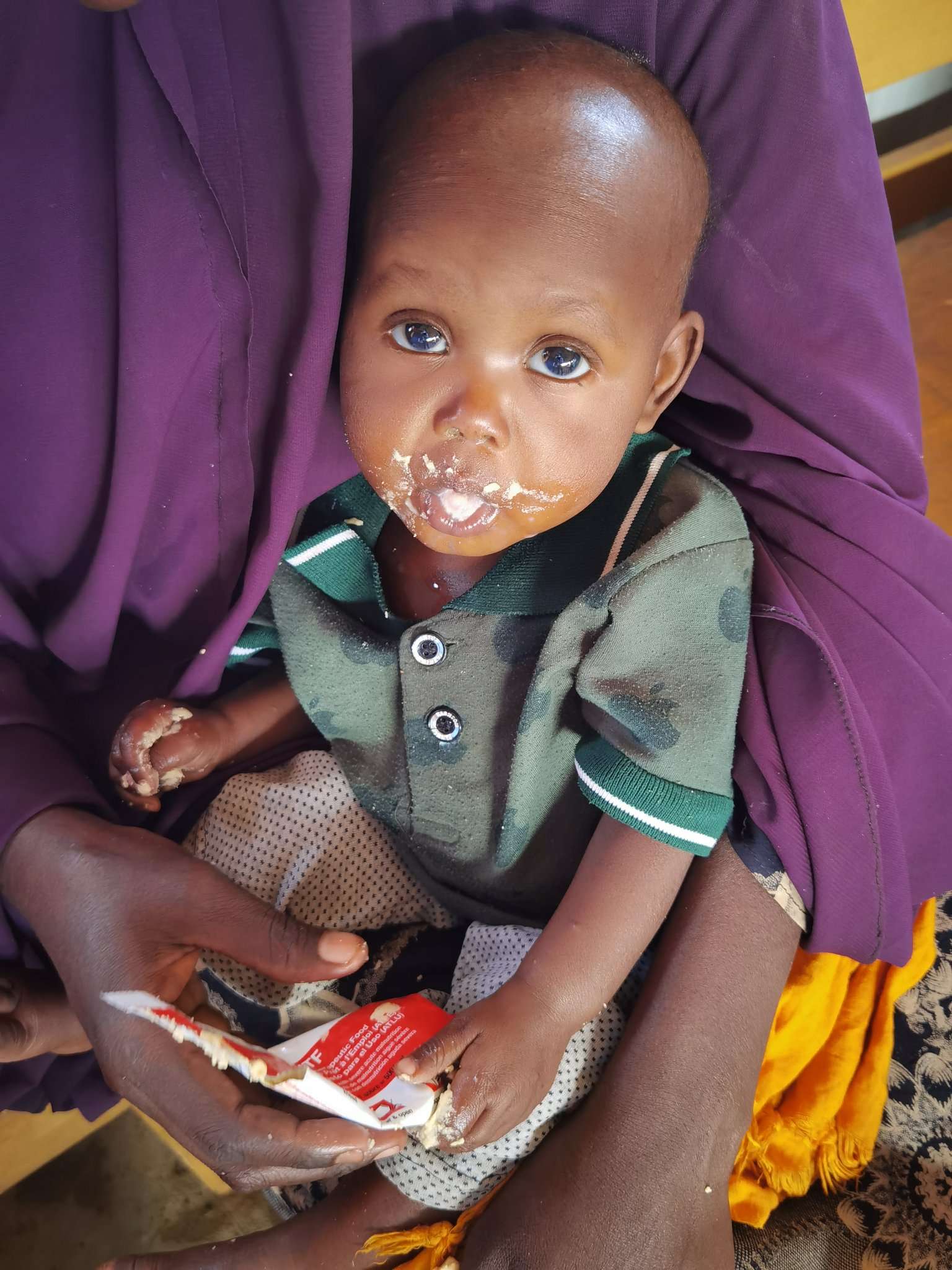MOAS (Migrant Offshore Aid Station)
Thematic Focus Areas
Hunger
Disaster Relief
Global Health
International humanitarian organisation dedicated to providing aid and emergency relief to the most vulnerable communities around the world.
Give Global Blog
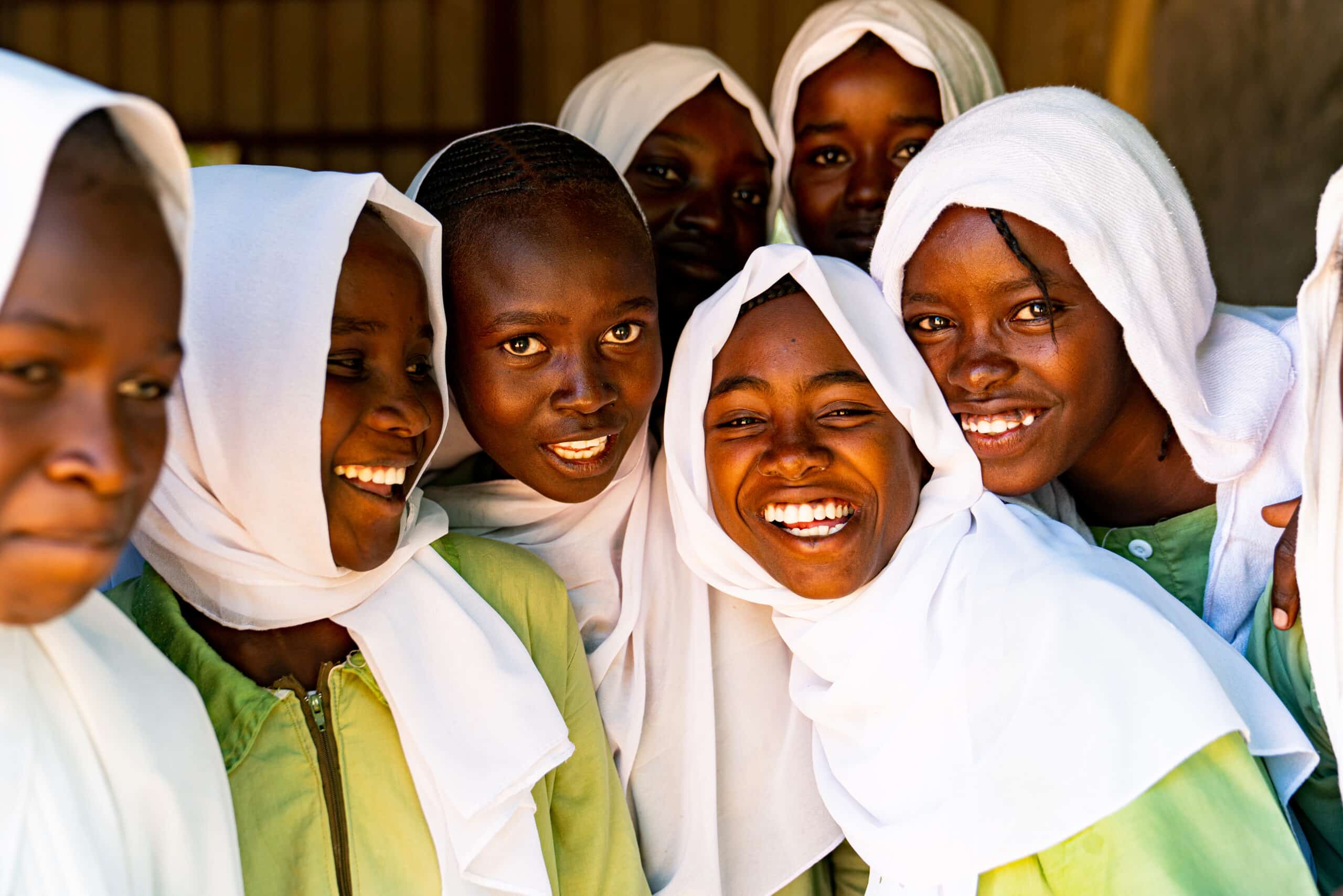
The crisis in Ukraine has understandably been top of mind for all of us these last few months. There has been record-breaking fundraising to support the people of Ukraine (including over $1.5 million raised here at Global Impact) and it’s deeply moving to witness this swell in support. Certainly, other refugee crises have captured the attention of the global community as well – this past fall, many stood in solidarity with Afghanistan refugees and one year ago the global community marked the 10th anniversary of the Syrian war. Still, there are dozens of other refugee populations around the world today...
Charity Videos
Charity Impact
Najmo is a 12-month-old girl living in Makudo’s Internally Displaced Persons (IDP) Camp near the IMC-supported Sefdheer Health Center. During a routine community health visit to the Camp, Najmo was found to be likely suffering from severe acute malnutrition and was admitted to the outpatient therapeutic program (OTP). Over the course of eight weeks, Najmo received close monitoring and weekly supplies of ready-to-use therapeutic food at the Sefdheer Health Center. Gradually, she began showing signs of improvement, and she was discharged from the program after meeting the required criteria for SAM. This meant that she was now ready to begin her treatment for moderate acute malnutrition (NAM), and she was then transferred to the Targeted Supplementary Feeding Program (TSFP).


